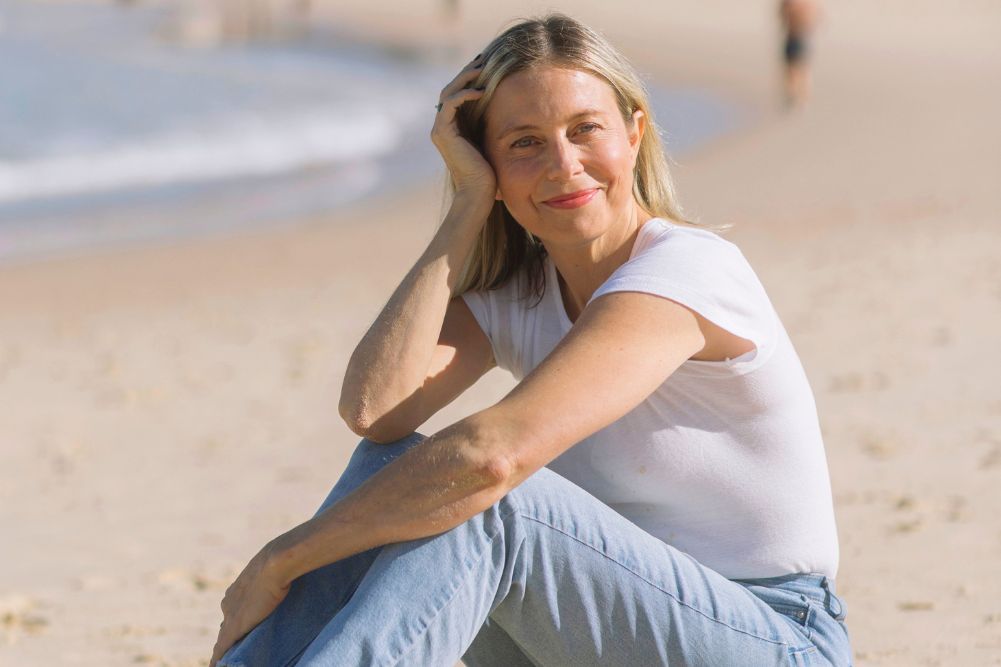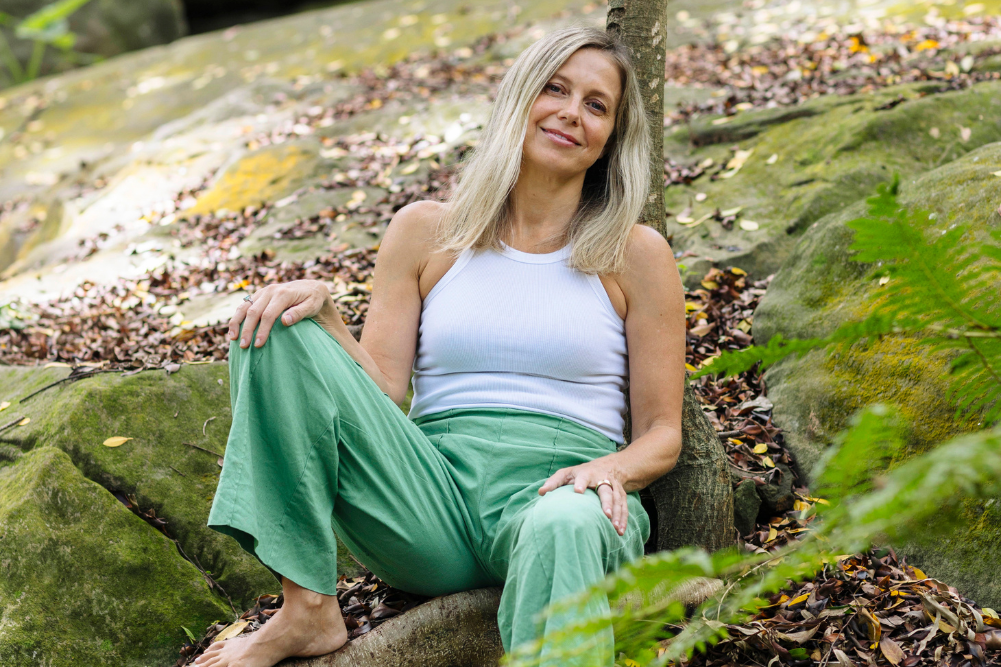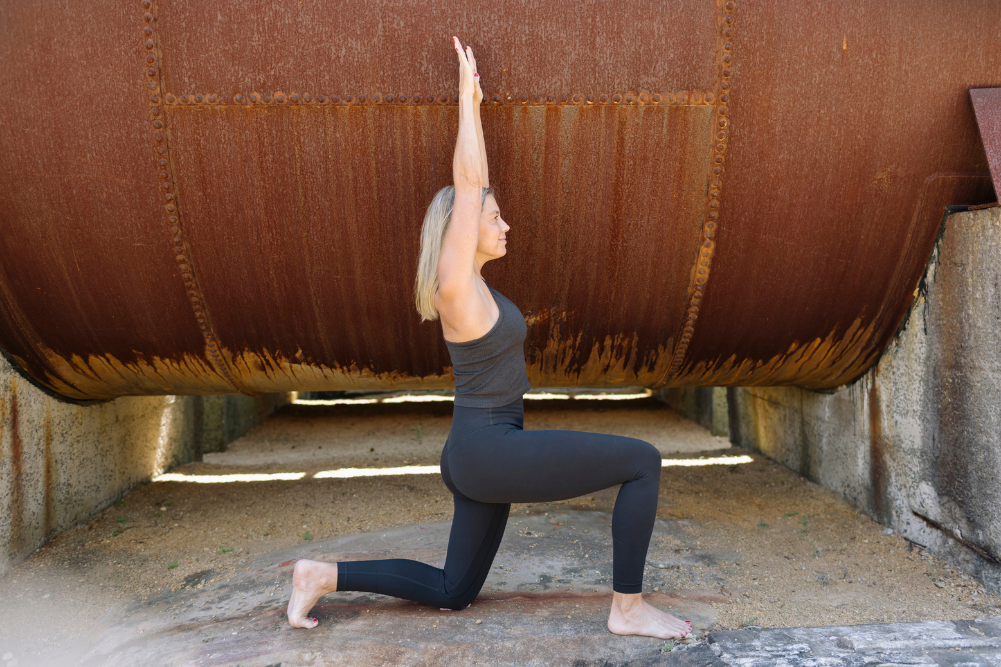An exploration of Trauma Sensitive Yoga
“Yoga is about enquiry … not about the pose.” — Desikachar
It’s a beautiful spring day in the Berkshires, Massachusetts, and I’m at the Kripalu Centre for Yoga and Health. More than 70 yoga teachers and clinicians from all over the world have come together for a five-day workshop to explore how the traditional yoga class can be modified to support clients who are dealing with trauma. This is my experience of this ground-breaking work.
The basis of this work is to support clients to be able to “safely inhabit their bodies” through the combination of traditional yoga practice and the evolving understanding of trauma and its effect on the body, based on the research of pioneering psychiatrist Bessel A. van der Kolk at the Justice Resource Institute in Boston.
This innovative workshop commences with a practical introduction to the work by Dave Emerson, yoga teacher and associate of Bessel van der Kolk. Dave has a wonderful, warm, inviting and quite playful persona as he invites us to explore our bodies through some basic chair-based yoga movements. It is evident from the beginning that Dave has dedicated a lot of time and knowledge to the evolution of Trauma Sensitive Yoga (TSY) — his passion and enthusiasm for the work are evident in his very presence.
At this early stage I notice the distinctive invitational style of language, informing me that I have choice around how I might like to move my body. I feel so comfortable and supported that I am sure if I rolled onto my side and kicked my legs in the air, Dave would be there supporting me to explore how that feels and what I’m noticing. He might even actually encourage me to explore this even more and notice what is happening. Rather than sticking to strict yoga guidelines of alignment and structure, I feel liberated and that whatever I choose to do I can actually do it.
This is fun. I become aware of my own internal dialogue every time I’m invited to “choose” to do something “when I’m ready”. This supports me to feel very empowered and safe in the practice. Dave, through his language and demonstration, is giving me an opportunity to be in total control of what I do and don’t do and to know that whatever I do is OK. While it seems such a simple shift in focus to offer choice of participating in a certain way, the greater awareness for me is that you have to first choose to explore and notice rather than be told to explore and notice — it’s a subtle distinction but an important one.
As yoga teachers we can be too vested in the instruction and correct alignment. I was struck by the fact that we had inadvertently taken the option of choice and personal responsibility out of the class experience. As an experienced yoga teacher it was a profound thing to be offered choice and the invitation to explore different postures rather than rigidly adhere to a prescribed set of alignment points. This is not to suggest that the practice is unsafe but more invitational and exploratory.
In the next part of the program, Bessel van der Kolk takes us through the latest neuroscience around the effect of trauma on the brain. Van der Kolk discusses the experience of PTSD clients: they tend to lose their way in the world and their bodies continue to live in an internal environment of the trauma. It’s difficult for the person to take pleasure in the moment as the body keeps replaying the past. One of the guiding principles of Trauma Sensitive Yoga is to support the body to feel strong and comfortable, which will help the trauma survivor to experience the present rather than re-experience the past.
Van der Kolk highlights the main challenge for trauma-sensitive clients: that is the ability to learn how to modulate the arousal they feel in their bodies. Yoga can assist by supporting clients to increase their capacity for internal awareness; basically, they learn to notice what is going on inside and to be able to better regulate their limbic system responses.
What are trauma survivors saying about this work?
As part of this five-day workshop, clinicians and students of TSY were invited to a half-day panel to tell their story. This was a profound morning of discovery to hear war veterans from both the Vietnam campaign as well as current campaigns in Afghanistan who are dealing with PTSD.
I was left with the profound awareness of how we all need to make some meaning of these horrific events as part of a way to complete our stories, either as participants or witnesses to the horror of survivors’ stories. I was deeply touched by the courage of these survivors to even turn up to a yoga class. It requires great compassion and an educated awareness around trauma in each TSY teacher to ensure that students feel safe and supported. One of these survivors poignantly tells us, “The only place I feel safe is on my mat. My teacher taught me how to breathe again.”
It feels incredibly special to have been able to spend these five days with such inspiring people from all over the world, all interested in one thing: helping people find their way home to their bodies in a safe and supported way. I leave Kripalu with renewed energy to continue this work within my clinic and beyond, supported by the knowledge that there is good and meaningful work to be done. Thanks to both Dave Emerson and Bessel van der Kolk for their inspirational passion and commitment to this work.
Resources and further reading
Emerson D., et al (2009), ‘Trauma-Sensitive Yoga: Principles, Practice and Research’, International Journal of Yoga Therapy No 19
Van der Kolk, BA., et al (2007), Traumatic Stress — The Effects of Overwhelming Experience on Mind, Body and Society, The Guildford Press New York
Trauma Centre based at JRI www.traumacenter.org
Trauma Sensitive Yoga Australia www.traumasensitiveyogaaustralia.com
Shirley Hicks can be contacted at www.shirleyhicks.com.au or on (07) 5530-6708.







